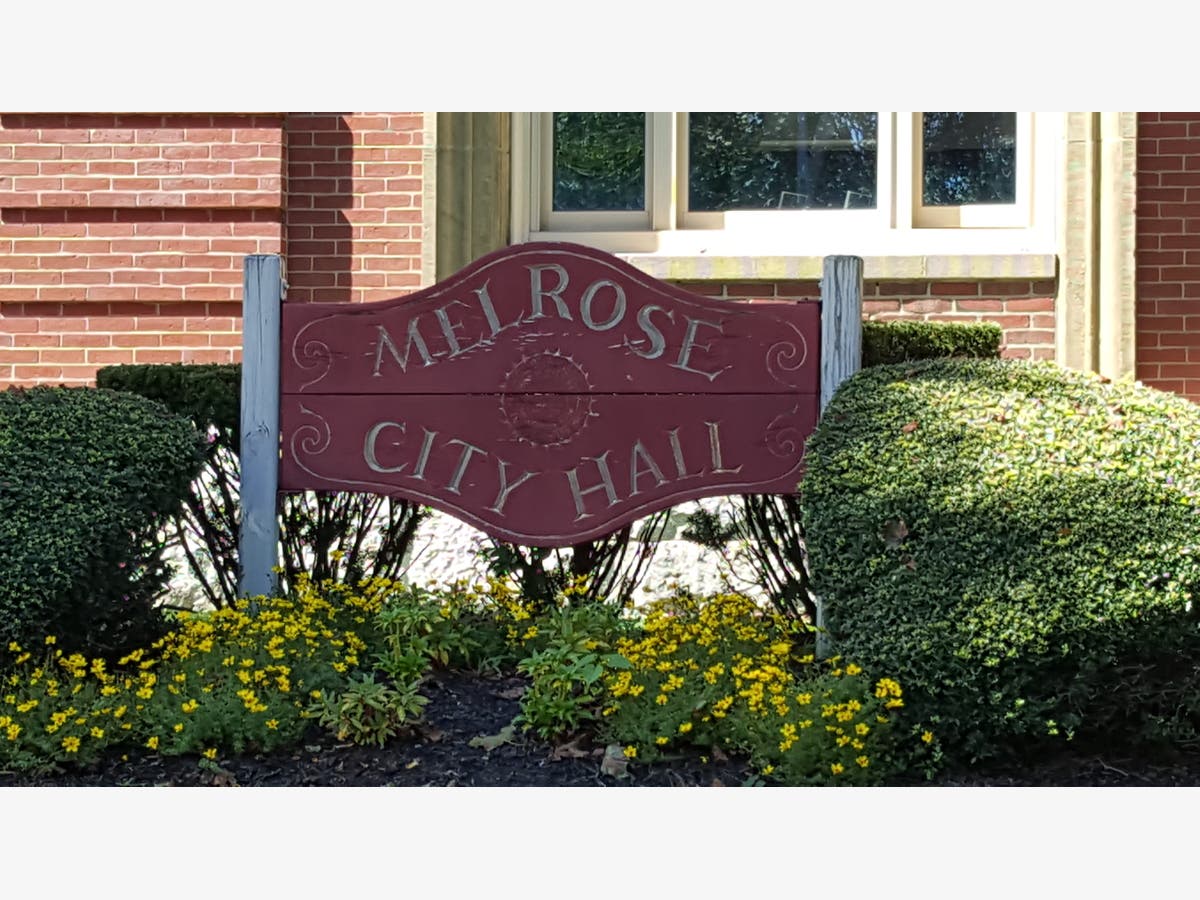Real Estate
Melrose Commits To Housing Increase; How Much Remains To Be Seen
Melrose is one of 15 Boston-area communities who set a cooperative goal of 185,000 new housing units by 2030. How will Melrose pitch in?

MELROSE, MA — Melrose is among 15 Boston-area communities working to build more new housing to meet ever-growing demands. The commitment comes as part of the Metro Mayors Coalition's Tuesday announcement that it will chase a "landmark" housing production goal of 185,000 new units by 2030.
How many units Melrose will contribute to the top-line number remains to be seen, but it isn't expected to be on par with many of the other communities that make up the coalition. Still, it's a step in the right direction for a region in the midst of what the coalition calls a housing crisis.
"These are big challenges and we in Melrose are not going to be able to solve this by ourselves," City Planner Denise Gaffey told Patch in a phone interview. "It's important to work cooperatively and on a regional level."
Find out what's happening in Melrosewith free, real-time updates from Patch.
Melrose, of course, isn't a perfect comparison to cities like Malden or Somerville or Brookline or Boston, and there is a significant lack of new development opportunity.
"Every community is different," Gaffey said. "Some communities are going be able to do new construction from the ground up, but other communities will use new creative techniques."
Find out what's happening in Melrosewith free, real-time updates from Patch.
One potential solution Gaffey suggested was accessory dwelling units, which can be additions such as in-law apartments.
>>>Subscribe to Melrose Patch for more hyperlocal happenings and real-time news alerts
The coalition said its 15 cities and towns in the Greater Boston area have added nearly 110,000 residents and 148,000 new jobs since 2010, but only permitted 32,500 new housing units.
The announcement comes in the face of skyrocketing home prices and rents. The median sale price in Massachusetts this year through August is $389,500, according to the Warren Group. The median condo sale price are up more than 10 percent to $375,000.
The plan calls for more housing than a recent bill put forth by Gov. Charlie Baker. In December 2017, Baker offered a bill calling for 135,000 new units by 2025. It failed to advance in either branch of the Legislature.
The Metropolitan Area Planning Council in Boston said Eastern Massachusetts will need an estimated 435,000 units of housing by 2040 to meet demand.
"Our region is in the midst of a housing emergency," Somerville Mayor Joseph Curtatone said in a statement. "It is a crisis of housing affordability and availability that has deep and disastrous impacts on individuals and families. And it is not contained by municipal boundaries -- it is a problem of such scale and scope that it demands cities, towns, and the state come together to develop bold regional solutions."
The Metro Mayors Coalition agreed to the 10 following guiding principles, according to a release from the City of Boston:
- Stakeholder and municipal engagement. Broad, inclusive outreach to local officials and residents, to understand the problem
- Housing production, both rental and homeownership.
- Housing preservation. This includes protecting existing affordable units and repairing older and smaller homes to minimize tear-downs.
- Housing affordability, for low- moderate- and middle-income households.
- Housing stability. Addressing extreme cost burdens, minimize the risk of displacement, reducing evictions, eliminating unfair rental practices, creating permanent housing for homeless residents and ensuring safety and stability.
- Fair housing. Abolishing discrimination against tenants and buyers and advancing equitable access to housing opportunities for everyone.
- Housing diversity, at a range of scales and a unit mix inclusive of multiple bedrooms.
- Housing design that incorporates features accessible to all ages and abilities.
- Housing location, so residents can access areas that offer open space and activities as part of a community.
- Complete neighborhoods. Approach housing as a holistic part of community building, which includes a mix of land uses and access to open space, and a range of activity available through the day and evening.
Materials from the State House News Service were used in this report
Photo by Mike Carraggi, Patch
Get more local news delivered straight to your inbox. Sign up for free Patch newsletters and alerts.